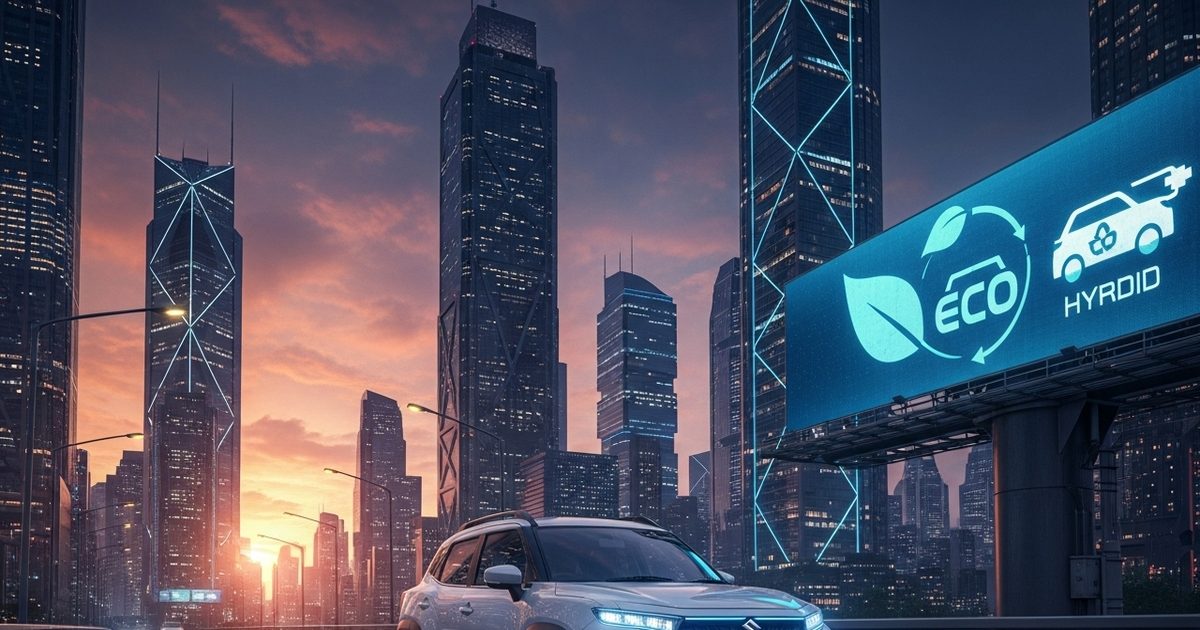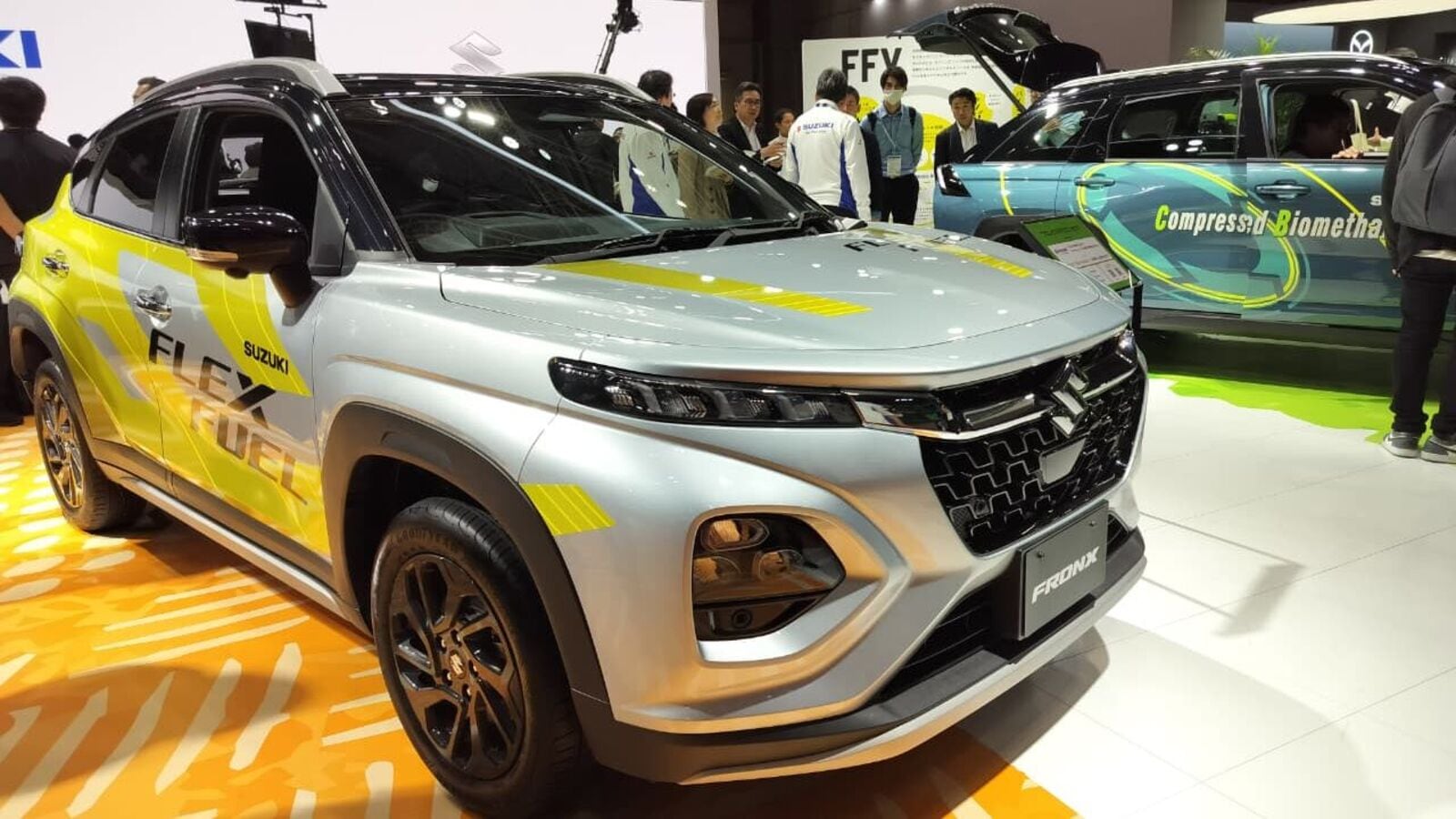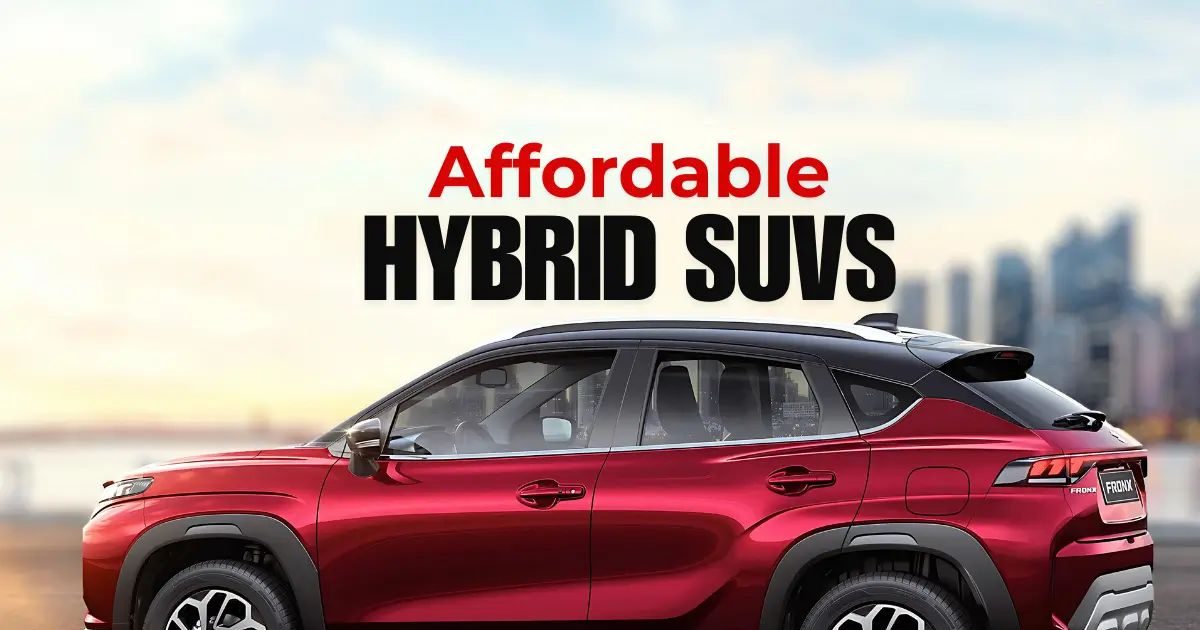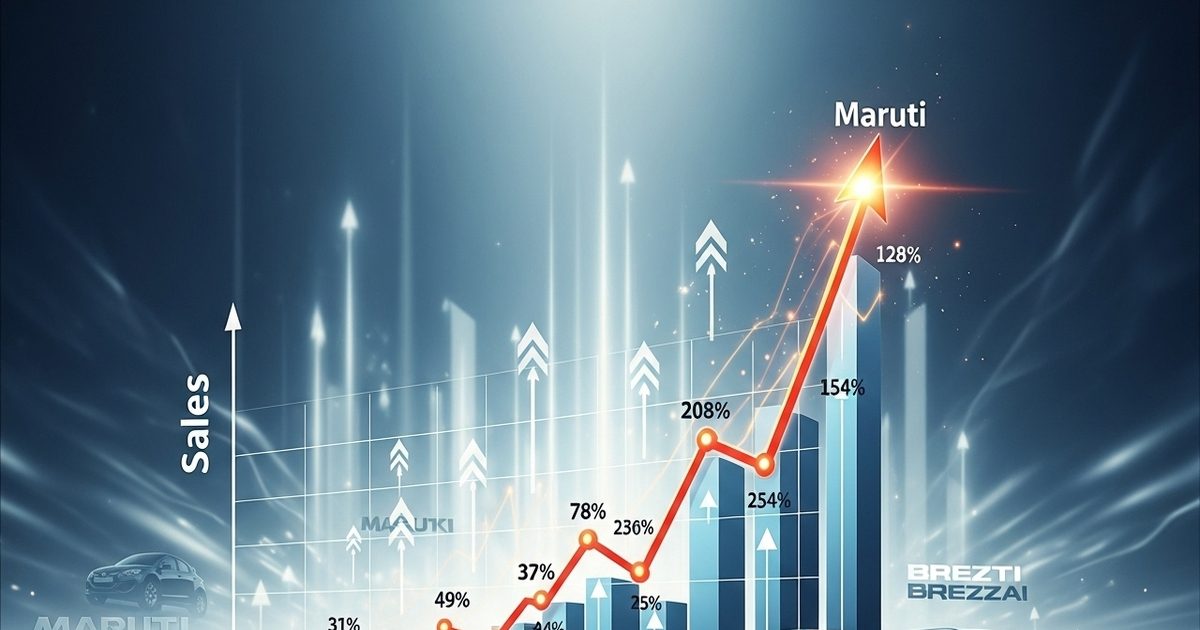Last Updated:
Maruti Suzuki plans electric vehicles, flex-fuel models and a facelift for 2026, the FrontX hybrid will arrive in 2027, a new hybrid MPV will also be launched in 2029.
New Delhi. Maruti Suzuki plans several new product launches for 2026, including electric vehicles, flex-fuel models and facelifts. Earlier there were reports that Maruti Frontex hybrid compact crossover may hit the Indian roads next year. However, now the company has postponed its launch till 2027. Front Hybrid will be the first model of Maruti Suzuki which will get in-house developed strong hybrid powertrain.
Why is there a delay?
According to reports, Maruti Suzuki's new series hybrid powertrain (codenamed HEV) will include the tried-and-tested 1.2L Z12, three-cylinder petrol engine, 1.5-2kWh battery pack and an electric motor. But the company is facing packaging problems in fitting these three components in a limited space, due to which the launch is getting delayed.
What is a series hybrid powertrain?
In the series hybrid system, the petrol engine works only to generate electricity and does not directly drive the wheels like a conventional engine. The generated electricity is either used to charge the battery or directly power the electric motor. Only the electric motor drives the wheels. This setup makes driving smooth and provides better fuel efficiency in stop-go traffic.
How will Maruti's hybrid system be different?
Maruti Suzuki's series hybrid system is considered to be much more economical than Toyota's Atkinson Strong Hybrid setup, which currently powers the Victoris, Grand Vitara and Invicto. It will be specially designed for Maruti Suzuki's mass-market models like Baleno, Swift and Brezza. The Indo-Japanese automaker is also planning to launch a new hybrid MPV in 2029, which will be based on the Suzuki Solio.
There will be competition with them
Upcoming Maruti Hybrid MPV Codenamed YVF, the new Maruti hybrid MPV will be launched against the Renault Triber and the upcoming Nissan Gravit. It will be based on Suzuki Solio and its length will be less than 4 meters. Powered sliding rear doors and other premium features can be provided in it. The Japan-spec Suzuki Solio gets a 1.2L, 3-cylinder Z12E petrol hybrid powertrain and a CVT gearbox. This setup gives a claimed fuel efficiency of 22kmpl under the WLTC test cycle.






